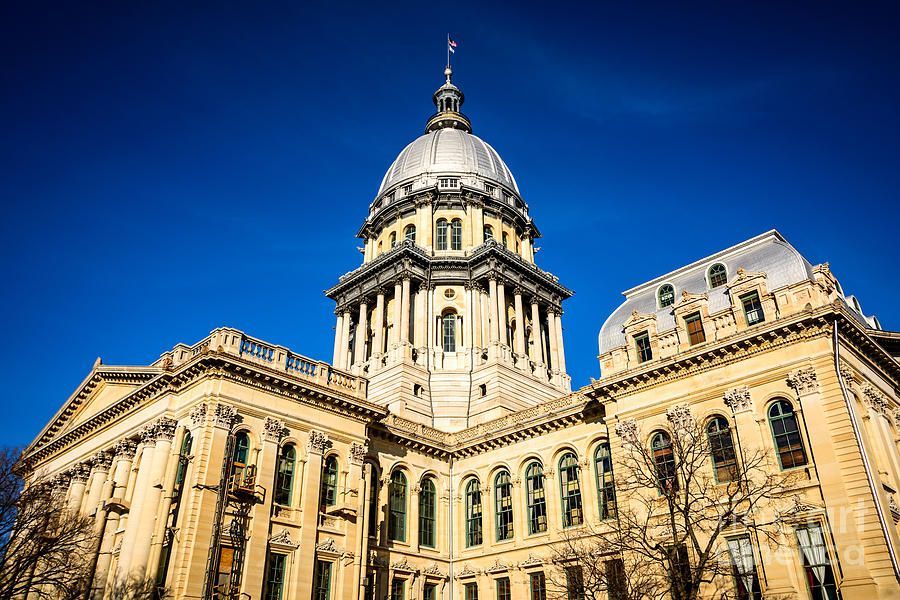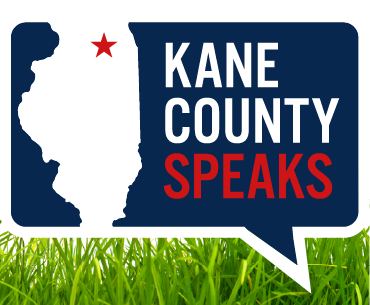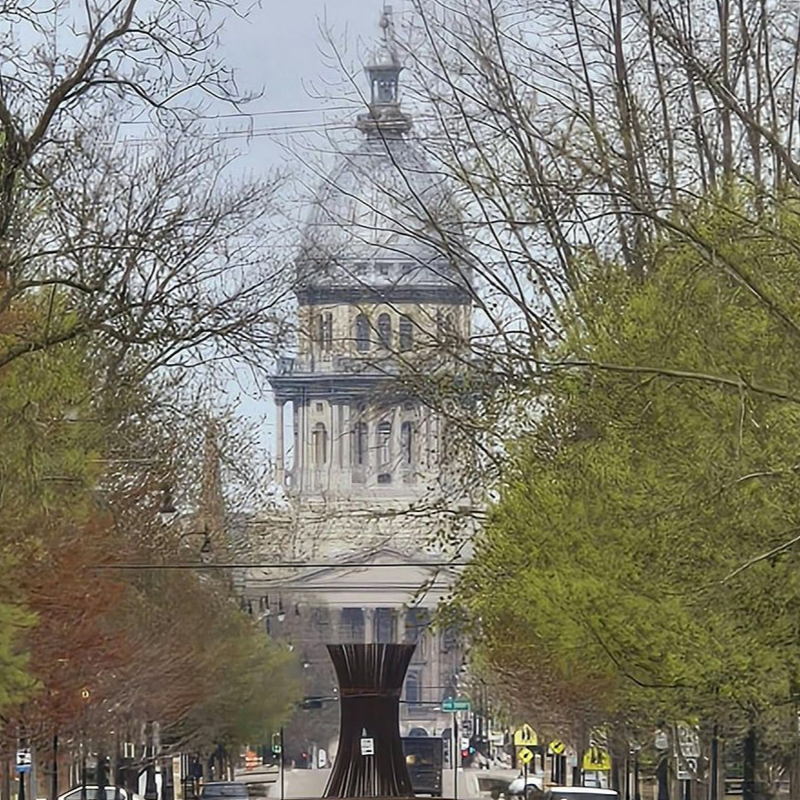Financial Bloat in Illinois School Budgets
Too many school districts mean higher costs by Lilly Rossi

Parents in Kane County deserve to know where their hard-earned tax dollars are going—and far too much is being wasted on bloated school district bureaucracy. Illinois has 866 school districts, many of which oversee just one or two schools. That means hundreds of superintendents, HR departments, and administrative offices duplicating work and draining resources that should be going directly to classrooms. In 2018 alone, Illinois spent 2.5 times the national average on general administration. If we had simply matched the national average, we could have saved over $700 million—money that could have funded better curriculum, safer schools, and stronger support for teachers.
Lawmakers recently passed House Bill 2966 to offer grants for districts to study consolidation, but this is just a baby step. The real problem is that district leaders—who benefit from the current system—have no incentive to cut their own jobs. Meanwhile, taxpayers are left footing the bill for inflated salaries, including one administrator who retired with a $500,000 payout amid a DUI scandal. Parents should be outraged that their property taxes—the highest in the nation—are being used to prop up a system that prioritizes bureaucracy over student success.
Consolidation doesn’t mean closing schools or cutting teachers. It means streamlining district-level administration so more dollars reach the classroom. But under current law, regional superintendents can veto consolidation efforts, even if taxpayers support them. That’s unacceptable. Kane County families should be empowered to decide how many layers of government are necessary to educate their children—not blocked by unelected bureaucrats. It’s time to demand reform that puts students first and restores fiscal sanity to our schools.
www.illinoispolicy.org/studies-not-enough-to-cut-administrative-bloat-in-illinois-schools/
Latest Articles, Submissions & Community Highlights
Participating groups, neighborhood leaders, and citizen coalitions can share news, documents, or resources here.



